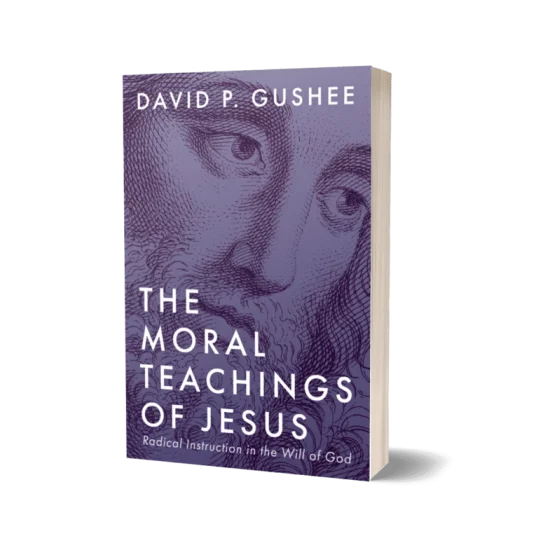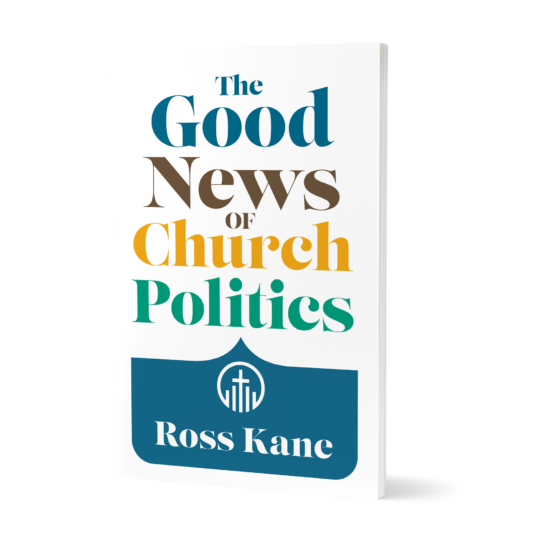POSSUM KINGDOM—When Dennis Trammell exhausted treatments available in the United States for his multiple sclerosis and began looking at other options, he excluded from consideration any possible regimens involving embryonic stem cells.
“I didn’t even explore that,” said Trammell, pastor of First Baptist Church at Possum Kingdom Lake, near Graford.
His health problems started in 1999 with decreased vision in one eye, diagnosed as a case of optic neuritis. When similar symptoms occurred in his other eye two years later, he was diagnosed with relapsing-remitting MS. He began a series of conventional treatments, including once-daily injections that helped manage the illness temporarily.
But in July 2008, his illness advanced to secondary progressive MS. Two months later, he went to Costa Rica for stem-cell treatments not available in the United States—but not before he checked on the source of the stem cells.
“I really questioned before agreeing to take part in the treatments what type of stem cells were used,” said Trammell, who serves on the Baptist General Convention of Texas Executive Board. While some countries allow experimental treatments using embryonic stem cells harvested from abortions, Costa Rica did not, he learned.
His treatment involved stem cells harvested from the umbilical cords of full-term births, administered by injection into his spinal cord to repair damage to the brain caused by MS. That was coupled with an intravenous infusion of his own stem cells, harvested through liposuction. The goal, he explained, was to “reset” his immune system.
Results have been mixed, he reported. Initially, he experienced improvement in balance, but it proved short-lived. Use of his left arm has diminished in the last year, he noted. But a lasting benefit of the treatments has been a marked improvement in his energy level.
“I had gotten to the point where a nap was needed on a regular basis. But since the treatment, a daily nap is no longer needed,” he said.
Before he was diagnosed, Trammell already had determined certain boundaries existed in terms of medical treatment that he could not cross in good conscience. Other Christians sometimes fail to consider these kinds of issues until confronted with them in a doctor’s office or hospital waiting room.
“We’re still dealing with the age-old question: ‘Given what can be done, ought we?’ But the list of ‘can-do’ options in health care get longer each day; hence, also the ‘ought’ questions and the complexities of knowing right from wrong, good from bad,” said Tarris Rosell, professor at Central Baptist Theological Seminary, and the Rosemary Flanigan Chair in the Center for Practical Bioethics in Kansas City, Mo.
While subjects like nanotechnology, reproductive cloning, genetic engineering and artificial intelligence capture the imagination of some bioethicists, those are not the issues most people face, said ethicist David Gushee.
“I sometimes wonder whether there isn’t a bit of a science fiction fetish here, in which for some it is just fun and interesting to ponder ethical issues from a future that hasn’t reached us yet. I would prefer to deal with the ethical issues that face us right now,” said Gushee, professor of Christian ethics at Mercer University.
“Very difficult health care decision-making remains a reality that everyone faces at one time or another, and not just at the end of life. My own family’s recent experiences in the health care system remind me that it has its own momentum and practices that are simply taken for granted from within the system,” he said. “As Christians, we do need to have a broader vision that asks questions rather than simply taking for granted the way things are.”
In recent weeks, Gushee’s wife, Jeanie, had an appendectomy, and his sister, Janette, had surgery to remove a brain tumor.
“All the talk of autonomy and informed consent bumps up against the realities of how little laypeople understand what doctors are saying and doing. Time pressures in situations of crisis, situations which also tend to limit our rational capacity as we are overwhelmed by fear and confusion and pain, also make it very difficult to exercise judgment either for ourselves or for someone else,” he said.
“Recently, I faced a situation where the doctor called me in the waiting room from my wife’s surgical suite during her appendectomy to ask me whether she should also take out the gall bladder. I had moments to decide, on the basis of very limited information, whether to authorize this irreversible surgery. I said no. But it was a tough call, and I had very little information, and of course, I had only met that doctor about 48 hours before.
“We need ways to slow down the decision-making process whenever possible, to empower patients and families with better information and more choices, to point us to websites and other sources of broader information.”
Tensions between sanctity-of-life issues and quality-of-life issues move from the realm of academic discussion or public policy debates when they affect people whom an individual Christian knows and loves, said ethicist Bill Tillman.
“Perhaps it is only when we find ourselves, a family member or someone else close to us involved in the bioethical realm that we even realize these tensions or where we might be with them,” said Tillman, who holds the T.B. Maston Chair of Christian Ethics at Hardin-Simmons University’s Logsdon School of Theology.
Patients and family members today face tough questions their parents and grandparents never had to consider one or two generations ago, in part because of a greater emphasis on patient autonomy and patients’ rights, Rosell observed.
“Medical paternalism was the rule and practice for centuries or millennia, while the consensus now is against paternalism in favor of patient autonomy,” he said.
Perhaps “the pendulum may have swung too far” in the direction of patients being called upon to make some life-and-death decisions, Rosell suggested.
“It’s not necessarily a good thing when patients and/or their families demand specific medical interventions, especially when they are not medically indicated and won’t help but might harm,” he said, citing the example of cardio-pulmonary resuscitation being used on the frail elderly or people suffering from the failure of multiple organs. “So, just because I want it does not mean it would be good for me to get it.”
Ministers often find themselves in difficult situations when seeking to provide comfort and spiritual counsel to families or individuals facing difficult medical decisions.
“Likely, conversation about suffering, pain and ‘Where is God in all this?’ will arise,” Tillman observed. “Isn’t it interesting that it takes something we would call an intellectual, theological or physical crisis before we are willing to talk about these things?
“But these are matters to which a minister can be sensitive and perhaps build a relationship which had not been possible before.”
Tillman advises seminary students to set the proper example by considering end-of-life issues personally long before a crisis occurs.
“My advice to the students I have in classes at Logsdon is that they are never too young to put a will together, to have a statement of advanced directives prepared and to be advising their friends, family members and congregants to be doing the same thing,” he said.
“One benefit is they have to think through the matters surrounding their own mortality—all of us will die. Will we leave our life circumstances in such order that someone can pick up where we leave off? Can someone speak on our behalf if we arrive in a context where we cannot? As we recognize we will not be in this life forever—and frankly do not know the circumstances or the when of our death—quite probably those considerations will cause us to think more clearly and deliberately about how we live the moments we have.”
Beginning-of-life issues raise as many questions for some Christians as end-of-life dilemmas, Gushee added.
“Reproductive technologies also have brought us a host of unanticipated consequences, such as genetic screening to sift through extra embryos, ‘octomoms’ for those who feel compelled to implant all the conceived embryos, half a million frozen embryos and the ethical issues these raise, including a steady call for their exploitation in research, custody disputes over frozen embryos, and on it goes,” he said.
While the Religious Right has been most vocal about some of these issues, concern transcends political agendas, he added.
“I hear among my students at McAfee, who are not driven by a conservative political ideology, a kind of healthy sense of caution and sobriety about this endless fiddling with the procreative process,” Gushee said. “One may say it may be that the scientific and technological pride of the 1960s and 1970s is giving way to a more cautious appreciation of the dangers and limits of our interventions in nature.”
Caution and humility likewise should characterize the counsel Christians offer to families who are coping with end-of-life, quality-of-life and beginning-of-life issues, Tillman noted.
“Presence—caring presence—can be priceless,” he said. “I’d say stay away from interpretive generalities. Praying that God’s will be done—and not outlining to the patient and to God what that will is—is always appropriate.”






